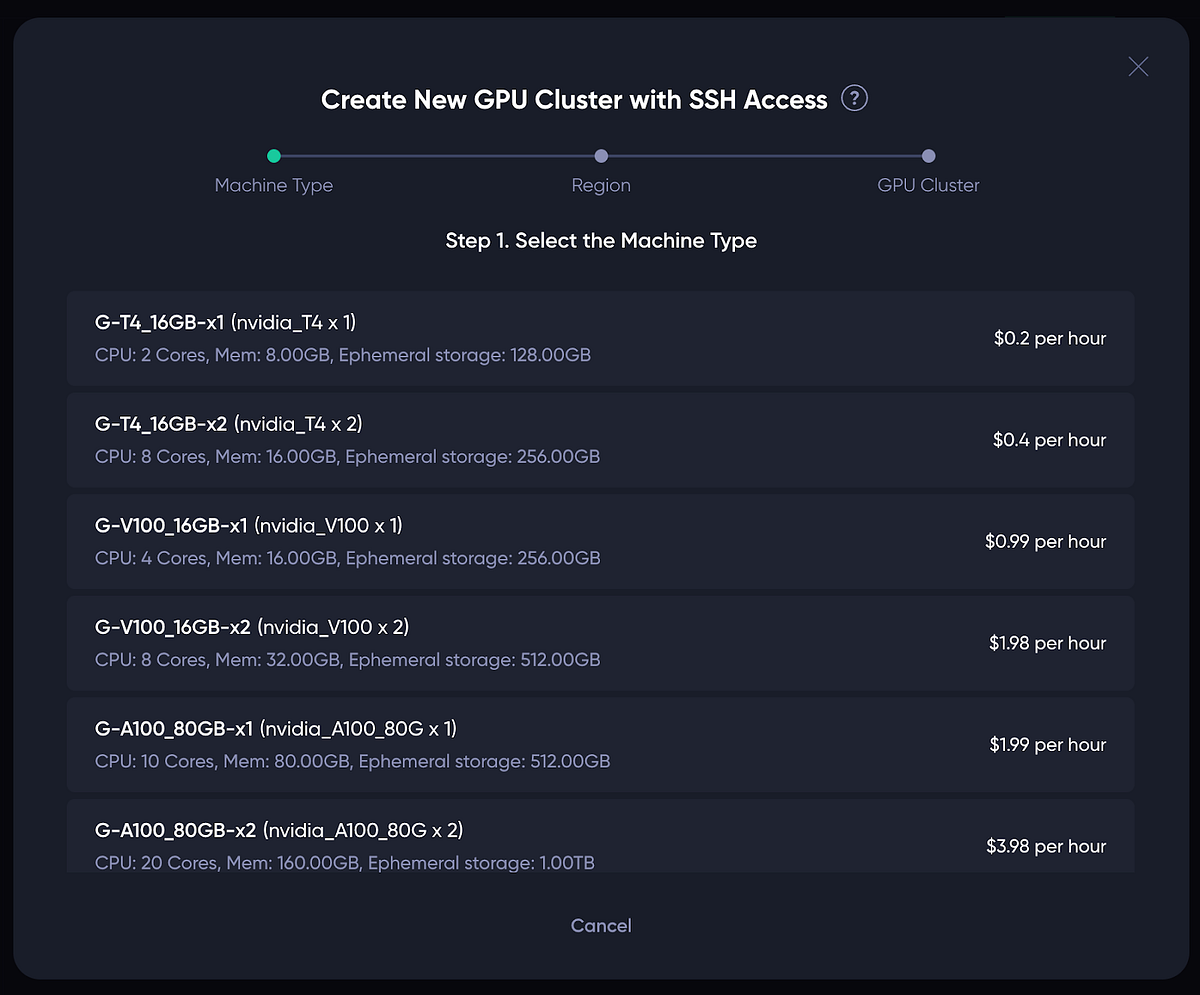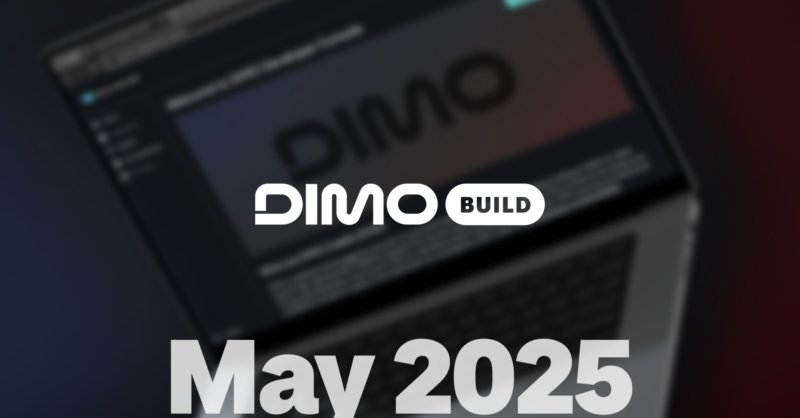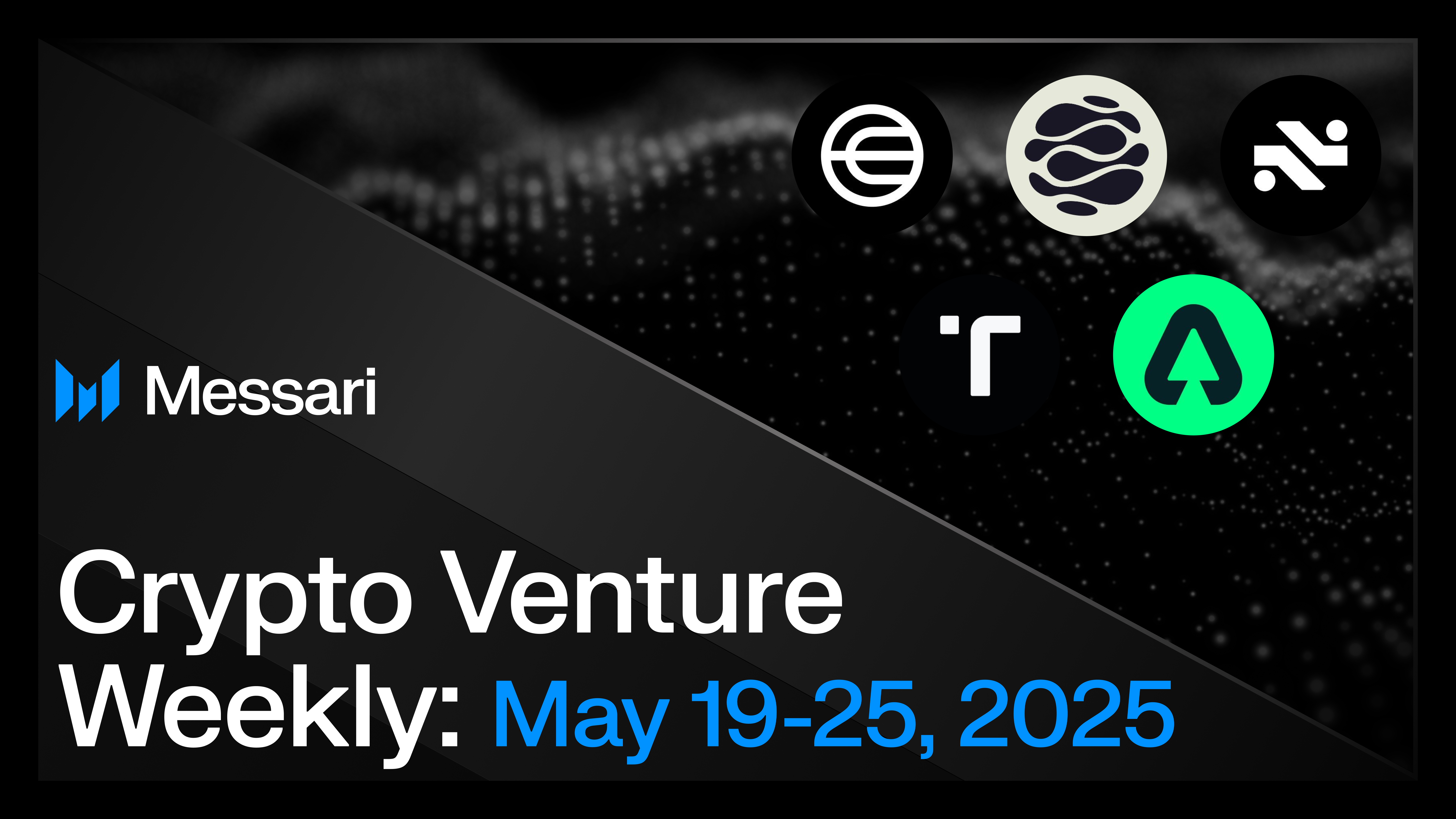Mawari Network Announces Node License Sale to Enhance 3D Streaming Technology
Mawari Network, a pioneering entity in spatial computing and decentralized physical infrastructure networks (DePIN), has announced a limited node license sale aimed at enhancing its 3D streaming technology. This initiative is timely, as the market for extended reality devices is expected to exceed 100 million units in the next five years. By facilitating a global decentralized infrastructure, Mawari aims to meet the growing demand for immersive experiences, positioning itself as a key player in the burgeoning multibillion-dollar spatial computing sector. The node sale is designed to scale the network, optimize performance, and ensure resiliency in delivering immersive content.
The Mawari Network is built to support the demanding requirements of immersive experiences, featuring a Spatial Streaming SDK compatible with popular game engines like Unity and Unreal. This SDK empowers developers to create seamless, engaging content. The network operates on a globally distributed system of GPU nodes, ensuring low latency and high performance. Luis Oscar Ramirez, the CEO and Founder of Mawari, emphasized that the node sale allows operators to contribute to the global 3D content ecosystem while being rewarded for their participation. This innovative approach addresses the limitations of current cloud services in scaling spatial streaming technology.
Scheduled for Q4 2024, the node sale will focus on establishing Guardian Nodes that are essential for monitoring performance indicators such as latency and bandwidth. These nodes will ensure the network can handle multiple immersive experiences simultaneously while maintaining high-quality standards. Mawari’s collaborations with industry giants like Deutsche Telekom and Netflix, along with backing from prominent investors, solidify its leadership in decentralized spatial computing. As Mawari continues to redefine the landscape of immersive content delivery, the upcoming node sale represents a significant step toward realizing its vision for a community-driven spatial computing future.
Related News





